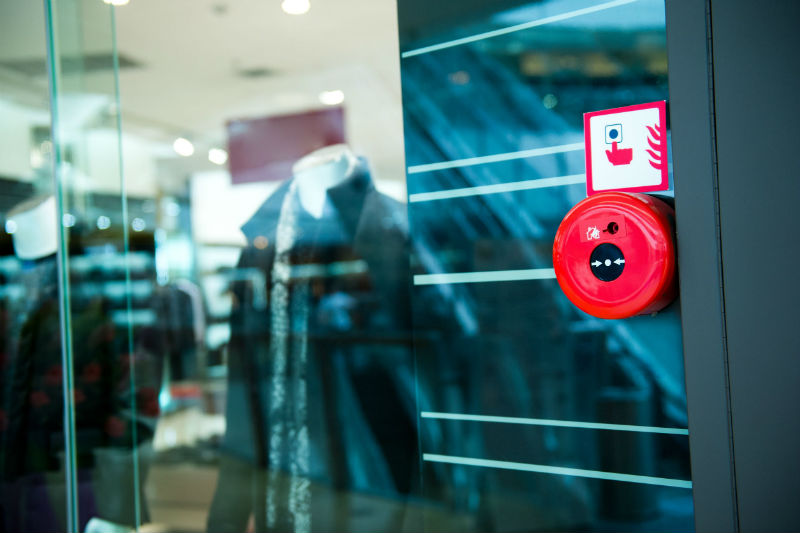When comes to the protection of lab equipment, computers, and other sensitive electronic and electrical equipment, it is important to have the right type of fire safety equipment on hand. The Halon fire extinguisher is one such type of unit that can help fight electrical fires effectively. These fires can occur in various locations of a home or business, including in bedrooms, offices, garages, kitchens, and other areas. They can also occur in cars. A halon extinguisher is designed to quench Class B and Class C fires, as well as Class A fires at times. As is obvious, these extinguishers use Halon, which is a gas that is liquefied and pressurized with nitrogen. It disperses vapor that does not generate cold or a static shock – neither does it diminish the user’s ability to see.
Halon Gas
For many years, halon gas has been used to put out fires on aircrafts. This gas is very effective at producing a clean result, free from residue which has the potential to damage items. Many manufacturing, electronic, and aviation companies understand the benefits provided by Halon as a fire suppression solution. It has uses in the industrial, commercial, military sectors. Ships, aircraft, tanks can be protected from dangerous fire scenarios through the use of a Halon fire extinguisher.
How Halons Quash Fires
Halon provides another benefit in that it is non-conducting in the electrical sense. This gas is widely known for its prowess at putting out fires, particularly those in the aircraft industry. When Halon is used to combat fires, it successfully attacks something referred to as the “fire triangle”, which refers to a combination of heat, oxygen, and fuel that feeds a conflagration. However, despite the effectiveness of this agent, a Halon fire extinguisher must be used with care due to the fact that the gas itself is toxic if inhaled.
Existing Halon Supply
In the United States, the Environmental Protection Agency (EPA) has prohibited the production of Halon since 1994. Some other countries of the world have also imposed a ban on this gas. However, existing supplies of Halon as well as fire extinguishers utilizing Halon may be used to combat fires.


